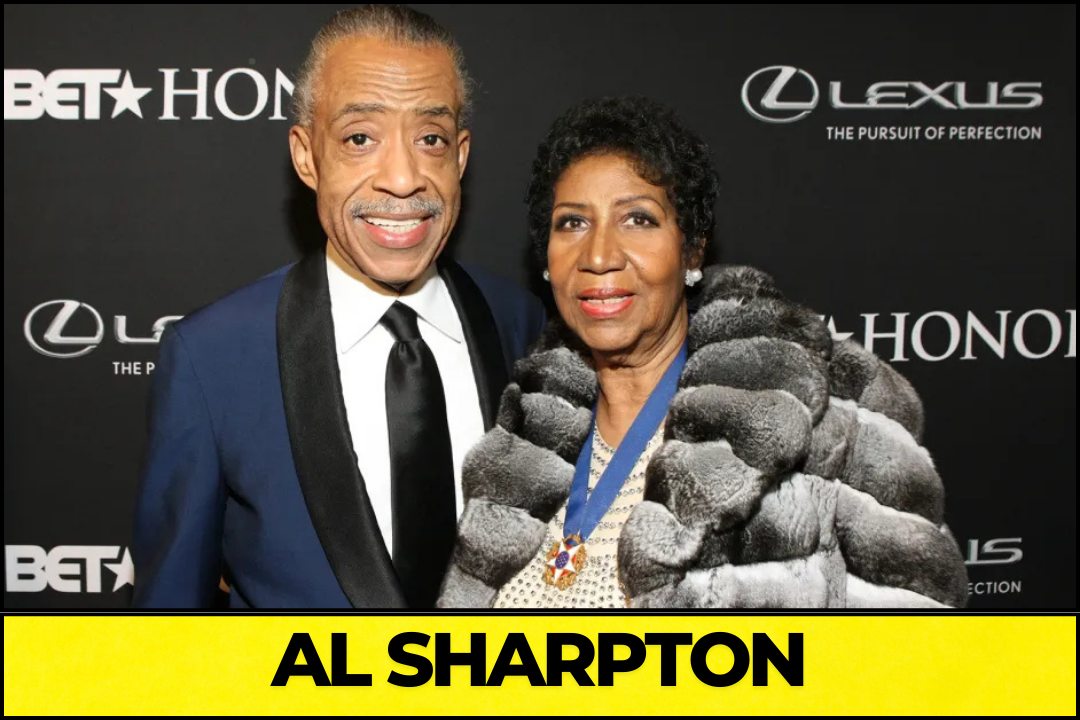Introduction
Al Sharpton, a prominent civil rights activist, has been a pivotal figure in advocating for racial equality and social justice in the United States. His unwavering commitment to civil rights has made him a household name and a significant influence in American society. This article delves into the life, achievements, and ongoing impact of Reverend Al Sharpton.
Early Life and Inspiration
Born on October 3, 1954, in Brooklyn, New York, Alfred Charles Sharpton Jr. was introduced to the world of activism at a young age. Preaching his first sermon at the age of four, Sharpton demonstrated an early passion for public speaking and advocacy. His involvement with the Southern Christian Leadership Conference’s Operation Breadbasket at thirteen, under the mentorship of Reverend Jesse Jackson, laid the foundation for his lifelong dedication to civil rights.
Founding the National Action Network
In 1991, Sharpton established the National Action Network (NAN), an organization committed to promoting a modern civil rights agenda. NAN focuses on issues such as voter education, support for small businesses, and confronting racial profiling. Under Sharpton’s leadership, the organization has grown to over 100 chapters across the United States, playing a crucial role in addressing systemic injustices and advocating for policy reforms.
Media Presence and Advocacy
Sharpton’s influence extends beyond grassroots activism into the realm of media. As the host of MSNBC’s “PoliticsNation,” he provides a platform to discuss pressing social and political issues, amplifying the voices of marginalized communities. His presence in media has been instrumental in bringing national attention to cases of racial injustice and police misconduct, fostering public discourse and awareness.
Notable Achievements and Recognitions
Throughout his career, Sharpton has been at the forefront of numerous civil rights campaigns. His advocacy was pivotal in the cases of Amadou Diallo, Sean Bell, and Eric Garner, where he sought justice for victims of police brutality. In 2007, then-Senator Barack Obama addressed NAN’s annual convention, acknowledging Sharpton as “the voice of the voiceless and a champion for the downtrodden.” This recognition underscores Sharpton’s significant impact on civil rights and social justice.
Personal Transformation and Public Perception
Over the years, Sharpton has undergone a notable personal transformation, including significant weight loss and a shift in public perception. Once viewed as a polarizing figure, he has evolved into a respected leader and advocate. His ability to adapt and address contemporary issues has solidified his position as a central figure in the ongoing fight for civil rights.
Table: Key Milestones in Al Sharpton’s Life
Year Milestone
1954 Born in Brooklyn, New York
1968 Appointed Youth Director for Operation Breadbasket
1991 Founded the National Action Network
2011 Began hosting “PoliticsNation” on MSNBC
2014 Recognized by President Barack Obama at NAN’s annual convention
Ongoing Efforts and Legacy
Reverend Al Sharpton continues to be a steadfast advocate for justice, equality, and civil rights. Through NAN and his media engagements, he addresses contemporary issues such as voting rights, criminal justice reform, and economic disparities. His enduring commitment serves as an inspiration for future generations to engage in activism and strive for a more equitable society.






